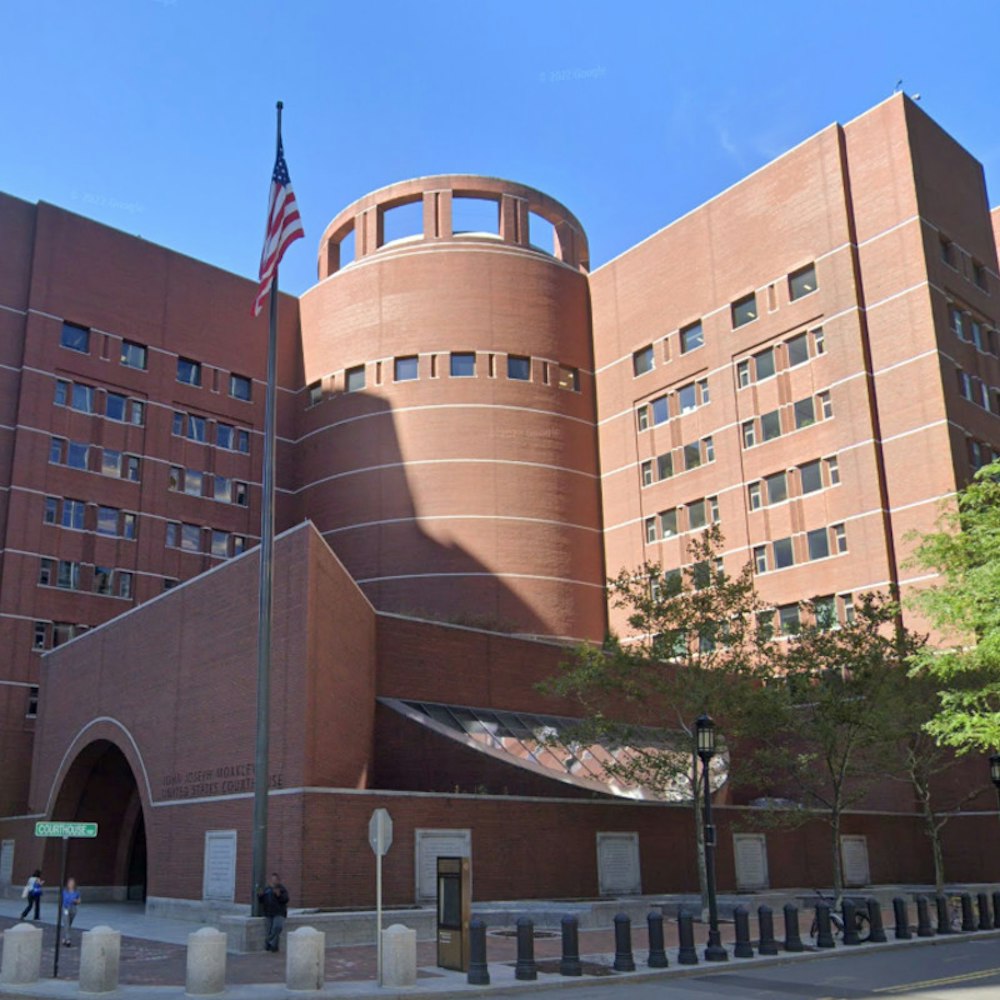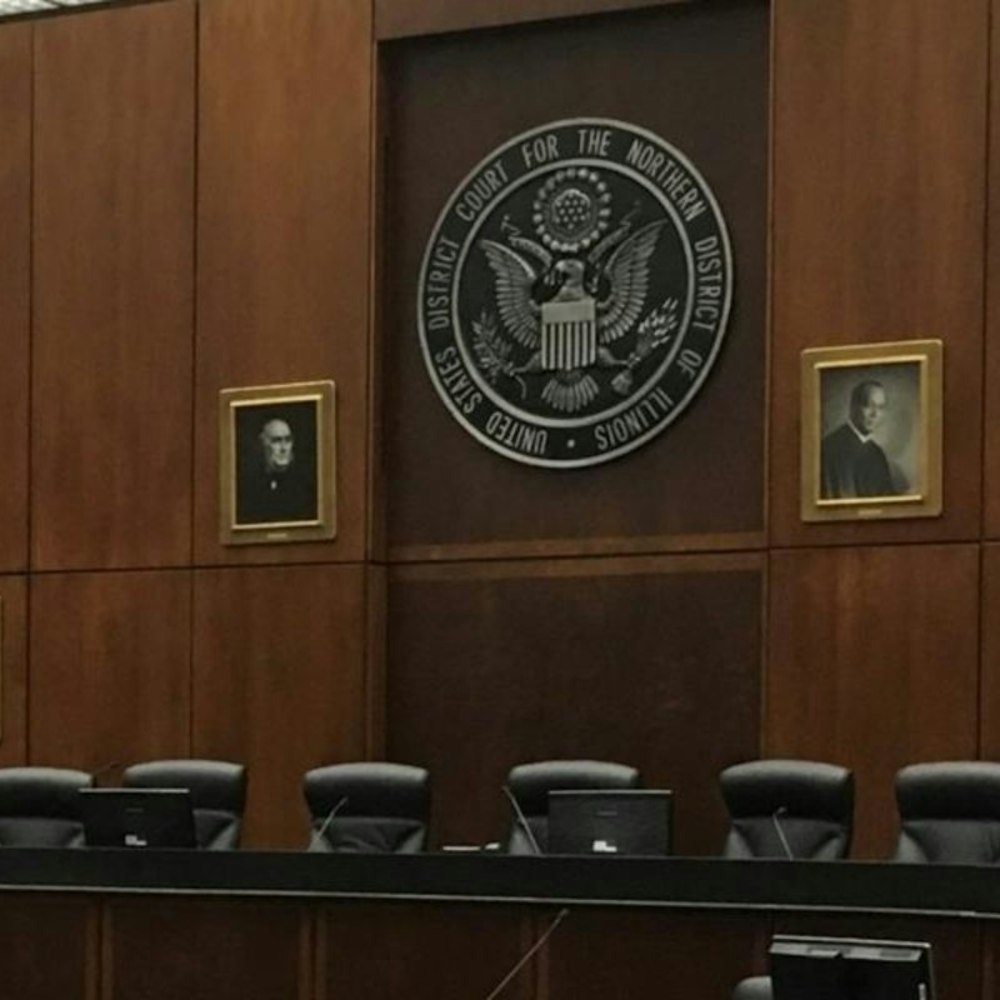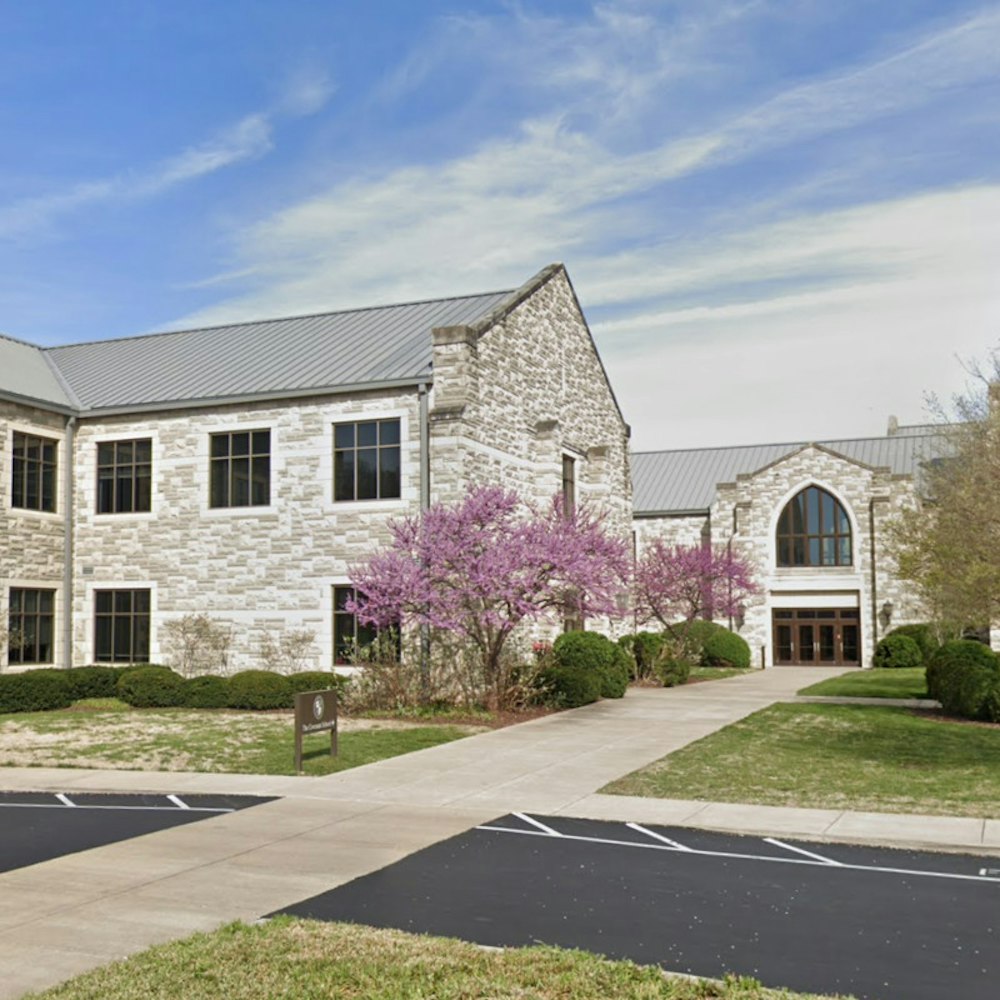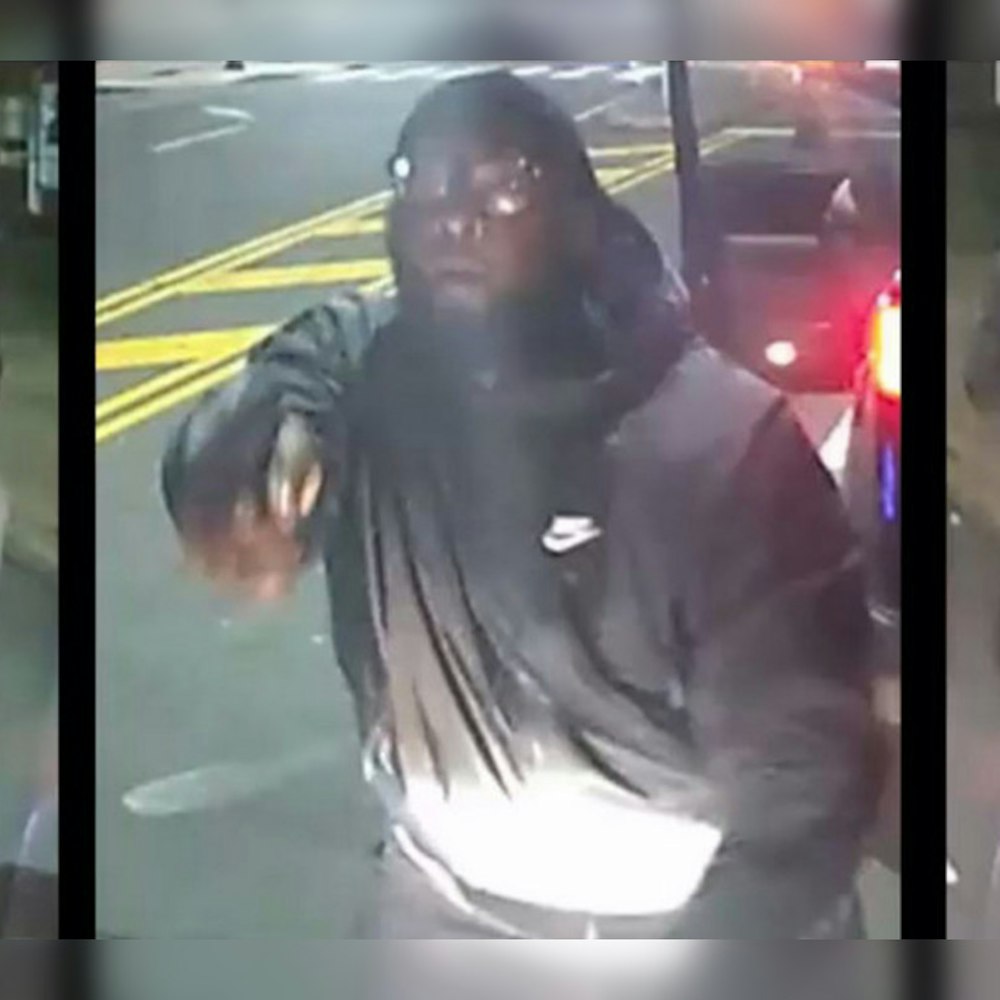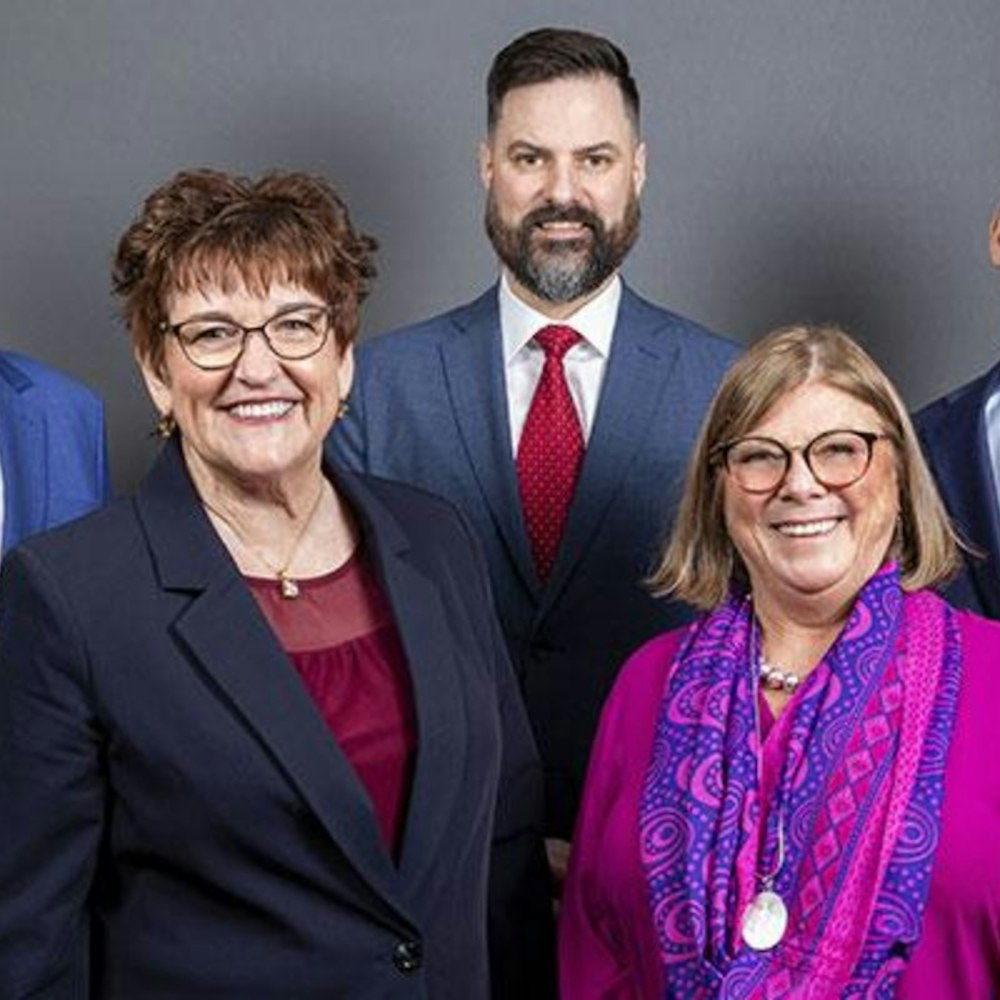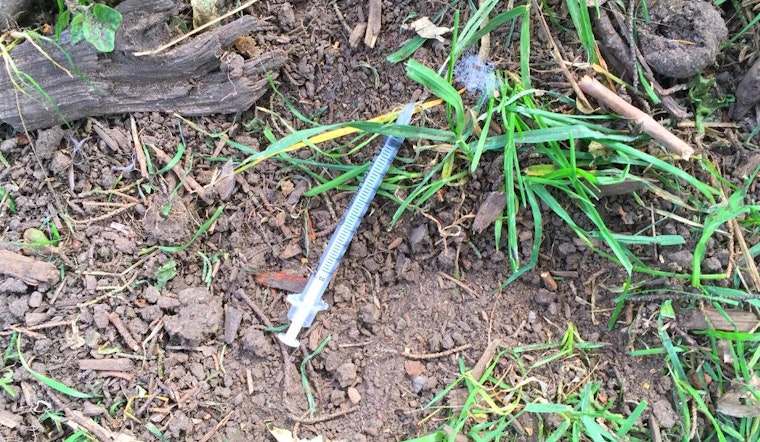
Recently, we've received reports of an uptick in a specific form of trash around Alamo Square: hypodermic needles.
Last week, several needles and caps were found scattered around the bench near the dog play area, and members of the Alamo Square Playgroup have found needles within the confines of the playground. Our own visit to the park confirmed that needles and caps were readily visible in the area, and the issue was discussed at a recent Alamo Square Neighborhood Association meeting.
Although injection drug use is less common around Alamo Square than in other parts of San Francisco, the observed increase of syringes in Alamo Square is causing concern for residents and frequent patrons of the park. "The number of needles is unnerving," says Sunnylyn Thibodeaux, who organizes the Alamo Square Playgroup. "It's the city, I get it, and I don't expect us to be immune to these unfoldings of city life, but in my 13 years of hanging out in Alamo Square I never have seen or heard of such prolific needle waste."
We spoke with Katie Bouche from the Syringe Access Program, a branch of San Francisco's AIDS Foundation, who shared some insights into the why needles litter our parks.
"There are reasons why someone may discard syringes improperly," she said. "One example is that folks living on the streets are constantly rousted and moved around by the police; this may make folks worried about carrying syringes on them (Ed. note: it is actually legal to carry syringes in San Francisco, just not to use them for illegal drug use). Another reason, is that shelters do not allow anybody to bring any syringes, used or new, into the building."
As for what to do when you encounter a number of used needles, Bouche recommends calling 311, which will dispatch Department of Public Works staff who are trained in correct methods for needle disposal.
Syringe Access Services also currently conducts neighborhood clean-up sweeps in many neighborhoods in San Francisco, including around Duboce Park. For those who prefer to handle the situation themselves, Syringe Access Services is happy to provide community members with tongs and special sharps containers, which will be picked up when they're full.
Bouche also says that the fear of catching HIV while cleaning up old needles stems from a bit of an old wives' tale. "Fortunately, HIV dies very quickly once it leaves the body, so the potential for exposure is very, very low," says Katie. "As far as I know, there is no record of anyone contracting HIV from a needle stick found in a public space."

Needle cleanup aside, there's still the issue of a potential increase in drug use in Alamo Square. We reached out to Captain Raj Vaswani of Park Station, which currently covers Alamo Square (the park's coverage will be switched over to Northern Station in the coming weeks).
According to Vaswani, Park Station officers are sent to patrol Alamo Square daily, once in the morning and once at night. For in-park patrols they employ a 4T (tactical motorcycle) to stop "suspicious people." In regards to the police response to the park overall, Vasawni points out that "it's actually not a common location for violent crime. Most of the calls we get are suspicious people, drug use sometimes, homeless/quality of life violations, and dog related violations/complaints."
In 2014, Park Station officers took 130 "proactive patrol actions" in Alamo Square, and made seven arrests. Vaswani says there were also many citations issued for other various violations.
Non-police solutions to handling drug users in Alamo Square might be reaching out to homeless outreach teams, such as SFHOT (SF Homeless Outreach Team). The team specialize in offering short-term stabilization and care for the homeless, as well as providing them with assistance in navigating the tricky paperwork required for mental health, drug assessment, or primary care facilities. If you encounter a homeless person in distress, you can call 311 and ask for SFHOT's Street Outreach Team to be dispatched.
For more information on syringe safety and clean up programs, call Syringe Access Program at (415) 241-5100, or email them at hpp {at} sfaf {dot} org. To have the Department of Public Works send out a cleanup crew, call 311, and if you encounter someone who may need mental or physical assistance, call the SFHOT team (also via 311).
And with that said, we hope you get a chance to enjoy your local city park in the sunny days to come.

